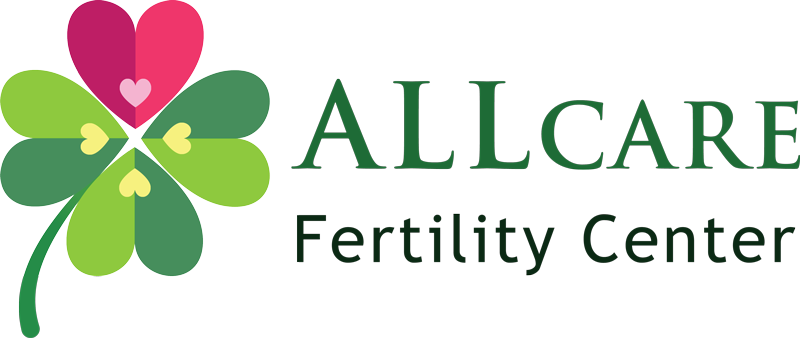Polycystic ovary syndrome (PCOS) is a hormone imbalance that can affect a woman’s menstrual cycle and ability to have children. It can cause irregular periods, acne, and unwanted hair growth. PCOS affects between 5 and 10 percent of reproductive-aged women and the condition can be long-lasting or even lifelong.
PCOS and Infertility
PCOS has a negative effect on fertility as most women with this condition do not ovulate each month due to an excess production of estrogen by the ovaries. As ovulation is not consistent, periods can become irregular and hormones such as testosterone can increase. PCOS has been found to impact egg quality, prevent ovulation, contribute to insulin resistance, and heighten the likeliness of developing certain disorders like gestational diabetes.
Women with PCOS who are trying to get pregnant often turn to lifestyle modifications, such as diet and exercise, to increase fertility. A diet low in carbohydrates and a reduced glycemic load has been shown to be most effective in PCOS patients. Women with PCOS should engage in moderate physical activity for at least 30 minutes, three times per week. However, daily exercise is the better option.
If lifestyle modifications are not enough to stabilize ovulation cycles, fertility medications may be introduced to help with the release of the egg from the ovary. Generally, women who are trying to conceive and do not ovulate due to PCOS are offered selective estrogen receptor modulators. The most common medications include letrozole (Femara) and clomiphene citrate (Clomid).
Even with the use of fertility medications, some women with PCOS may still have difficulty ovulating or getting pregnant. When this happens, fertility injections such as Gonal-F, Follistim, Bravelle, or Menopur, can be administered to release an egg. These injections contain the same hormones that the body naturally creates to produce an egg each month. As many women who receive these injections produce two or more eggs, the injections are often associated with multiple births. During treatment, close monitoring is required, as well as regular blood draws, to detect estradiol levels.
To achieve a healthy pregnancy, some women with PCOS will require in vitro fertilization (IVF). During treatment, the patient receives daily fertility injections that help the ovaries produce eggs which are then harvested. The woman’s eggs are fertilized in vitro resulting in an embryo which is then placed into the woman’s uterus three to five days later. If multiple eggs were fertilized, extra embryos can be frozen for future use.
Health Risks of PCOS
Women with PCOS face certain health risks, such as insulin resistance. If tests find that a person is resistant to insulin, a medication known as metformin can be administered. Some women with PCOS may also experience hyperlipidemia, or elevated cholesterol and/or triglycerides. Screening for this condition is important to reduce the risk of cardiovascular disease later on. PCOS sufferers also have a higher likelihood of developing endometrial (uterine) cancer due to consistently high levels of estrogens in the body. If an overgrowth of uterine lining occurs due to irregular or absent periods, a malignancy can occur.
